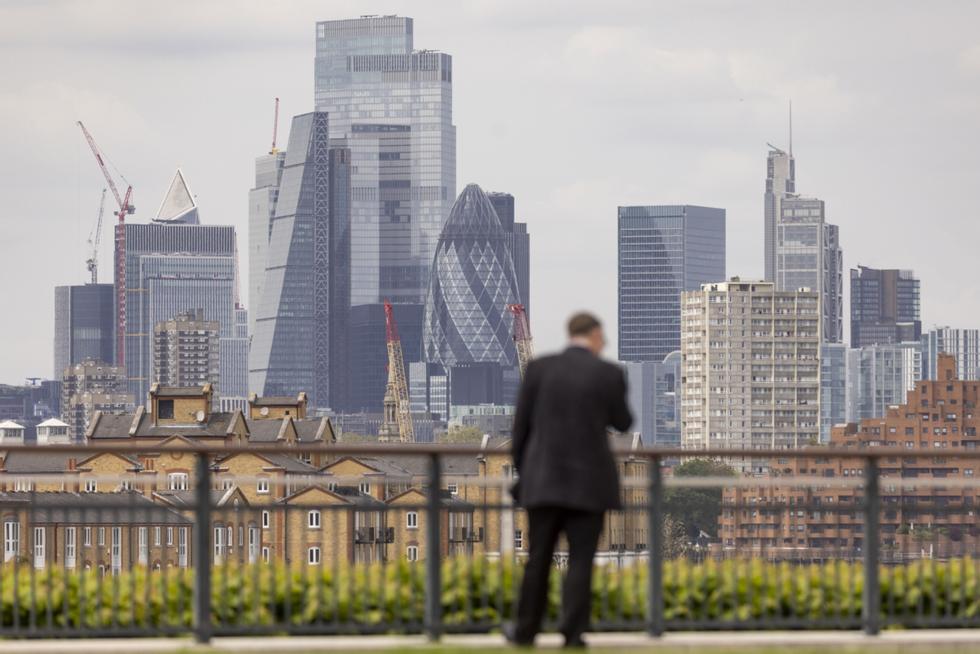An important explanation is sector composition. London has only a very few of the pure technology stocks that drive up the PE ratio more because they are priced on future growth.
Perhaps it could be the trigger needed to close the valuation gap against other major stock markets
The FTSE 100 is heavily weighted in defensive industries such as health, commodities and finance, and weighed down by unpredictability through commodities and mining, as well as ESG worst-cases such as tobacco, gambling and defence.
Dividends and acquisitions
The most important argument that the London Stock Exchange is actually cheap may simply be that much of the pessimism has already been priced in. It’s also a good market for dividend investors, according to Morgan Stanley, which expects an average dividend yield of 4.4 per cent over the next year – twice that of global shares in the MSCI All Country World Index.
Furthermore, there may be good opportunities for acquisitions. So far this year, there have already been nine of them, with an average bid premium of 49 percent. It must be said to be more than acceptable. The acquisitions are distributed across several sectors, types of buyers and agreement structures, which indicates broad interest.
An overview from the investment platform AJ Bell shows that the proportion of buy recommendations for the FTSE 100 is at 59 per cent, the highest level in the last ten years, against a ten-year average of 51 per cent. Sales recommendations are down to 8 percent, against an average of 12 percent. Now, as is well known, analyst recommendations must be taken with a grain of salt, but the trend is clear.
The upcoming election
The companies in the FTSE 100 index get 70 percent of their earnings from abroad, and the disappointing development in the domestic economy is therefore less decisive.
But political uncertainty is known to be poison for investor confidence. Britain has had an incredible five Prime Ministers since the Brexit vote in 2016, all from the Conservatives. The next election must be called during the year, probably in the autumn, and there are now many indications that Labor may move into 10 Downing Street for the first time since 2010.
The London Stock Exchange has historically done noticeably better under the Conservatives, but the party has messed it up for itself, and a Labor led by Sir Keir Starmer appears to many less frightening than under Jeremy Corbyn’s radical leadership.
In fact, history shows that the FTSE 100 has on average returned double-digit returns in the year following a change of Prime Minister, regardless of which direction it shifts. Perhaps it could be the trigger needed to close the valuation gap against other major stock markets.
Henrik Sommerfelt
Head of Scandinavia, CMC Markets
2024-04-07 17:03:05
#Shares #price


